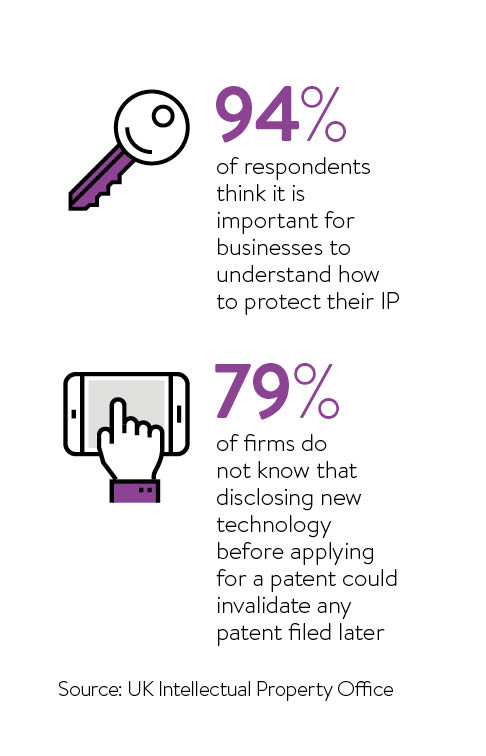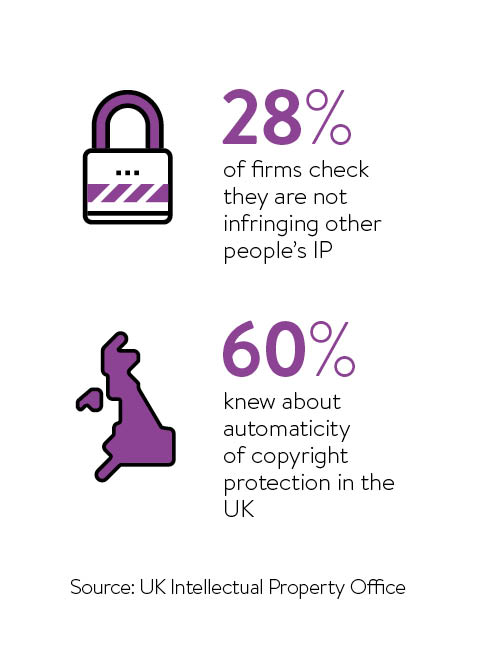For most people intellectual property and patents in particular are associated primarily with major pharmaceutical companies or those involved in high tech.
But, these days, organisations from all sectors can find that they own valuable IP and those who fail to protect it properly could put themselves at financial risk. It’s a message that Helga Chapman, director of chapman+co, a specialist firm of UK and European patent and trademark attorneys, which also specialises in IP strategy and consultancy, is keen to promote.

“Too many companies still believe their new ideas simply are not worthy of patent protection, that they aren’t interesting or inventive enough,” she says. “But very often they’re wrong. Any company that invests in at least some R&D or has created a branded product or service has almost certainly created some IP. Even minor improvements to existing technology can be patentable.”
Too many companies still believe their new ideas simply are not worthy of patent protection
She points to research by the UK Intellectual Property Office (previously known as the Patent Office) which reveals that a shocking 79 per cent of firms did not know, for instance, that disclosing new technology before applying for a patent could invalidate any patent that is subsequently filed.
Rebecca Dobson, trademark attorney at chapman+co highlights another common misconception that brands should describe the relevant product. In fact quite the opposite is true as the strongest brand names have no indication of origin and are wholly non-descriptive – think of Google, Persil or Shell, for example. Choosing such distinctive trademarks gives the owner the opportunity to protect their IP via trademark registrations and to create a stronger barrier of protection around their brand.
“Reviewing your IP protection and obtaining expert advice on a regular basis is essential,” says Ms Dobson. She argues that decisions around IP must be taken at board level to ensure the value of R&D and branded products can be protected and not squandered. Advisers at chapman+co work alongside companies to establish IP rights and assist in their commercialisation.

In order to create an effective IP policy, companies should ask themselves three questions, Ms Chapman advises. First, have they created something new and hence potentially patentable? Second, is this IP something that can add value to their business, for example by becoming a form of market disruptive technology? Third, have they addressed the risk of infringing IP owned by a third party?
“The bad news is that mismanaging your IP can cost you dear,” says Ms Chapman. “However, the good news is that doing it right, and protecting your innovations and brands, is not as difficult as many people imagine, especially when expert help is at hand.”
For more information please visit www.chapmanip.com
